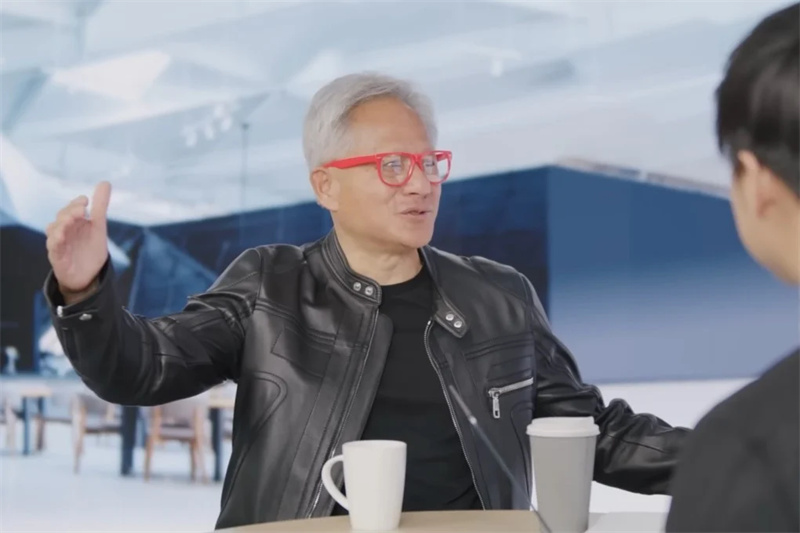Nvidia CEO Jensen Huang said China is only "nanoseconds behind" the U.S. in chipmaking and urged Washington to stop trying to wall off the market. Speaking on the BG2 podcast, Huang argued that letting companies like Nvidia continue selling into China would ultimately serve U.S. interests by spreading American technology and influence. He described China as "a formidable, innovative, hungry, fast-moving competitor," citing both the strength of its engineers and its controversial 9-9-6 work culture.
Huang's remarks come as Nvidia seeks to resume shipments of its H20 AI GPU to Chinese customers after months of delays tied to tightened U.S. export controls. The Commerce Department reportedly began granting licenses for the H20 in August, and Nvidia is already developing a successor chip designed to comply with current rules while offering improved performance. It would mark the company's second attempt to produce a China-specific AI accelerator since the A100 and H100 bans.

At the same time, China is pressing ahead with its own self-sufficiency push. Huawei has begun volume shipments of its Atlas 900 A3 SuperPoD systems, powered by Ascend 910B processors, and has laid out an ambitious roadmap through 2027 for next-generation Ascend chips that aim to match or exceed current global performance levels. These systems are deliberately CUDA-free and optimized for Chinese-developed software stacks, posing a direct challenge to Nvidia's dominance in a market where it once held a 95% share.
China's cloud giants are backing that strategy with heavy investment. Baidu, Alibaba, Tencent, and ByteDance are all pursuing custom chips either through in-house teams or by supporting local startups. Tencent recently announced its infrastructure has been fully adapted to support domestic silicon, signaling growing momentum behind homegrown alternatives.
Despite these shifts, Huang expressed hope that China will remain open to global competition: "They publicly say they want China to be an open market… and I believe and hope that we return to that." For Nvidia, maintaining even a limited foothold in China remains part of its strategy. While the H20 may be weaker than its flagship GPUs, it still offers Chinese companies a bridge to stay inside Nvidia's ecosystem — at least for now.
+86 191 9627 2716
+86 181 7379 0595
8:30 a.m. to 5:30 p.m., Monday to Friday
